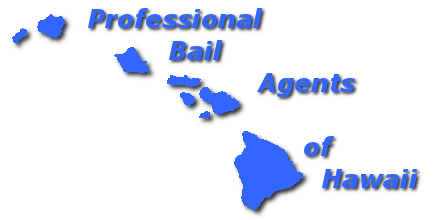GPS, or Global Positioning System devices, have become one of the fastest growing consumer products in recent history. Whether they are imbedded in your smart phone to let people know where you are or whether they sit on the dashboard of your car to prevent you from getting lost, GPS devices are becoming more entrenched into our everyday lives. The question now becomes: where does GPS make sense and where doesn’t it? For example, the criminal justice system has embraced GPS as the Second Coming and is now moving towards implementing it in more ways each and every day. As a citizen of the US and an active member of my local community, I have to ask: how can GPS by itself be the cure-all solution for the problems that ail our criminal justice system?
I have been connected to the criminal justice system for most of my adult life. I have seen new ideas and technologies come and go like the seasons changing throughout the year. While some stick and become commonplace, others come and go faster than you can say “change.” But some go on and on trying to re-invent themselves and reposition themselves until they are able to stick a little bit stronger with the public. GPS is one of those concepts. While on the surface, the idea of having the ability to track an individual is great. However, the reality of doing so in an effective way is where the challenge lies for GPS being, as it claims it is the solution for things like jail overcrowding. Here are just some of the out-points of this cure-all technology:
- GPS tracks the person, but no one tracks the GPS.
While GPS is capable of tracking the location of a person down to their placement on a sidewalk, the big question really is less about that and more about who is monitoring the GPS device so that a crime can be prevented. There have been countless reports of people who have gone outside of house arrest or who have violated an exclusion zone (an area they must avoid as part of their release agreement) and committed a crime, but no one knows that the violation occurred (or much less that it is about to occur) because no one is monitoring the system.
- GPS tells you where the defendant was when they cut off the device.
Many opponents of GPS monitoring believe that the above statement is a big reason why GPS fails. Defendants sometimes cut off the device and then disappear….only to be caught again after committing another crime and creating another crime victim. All the device tells a monitor is where the defendant was when he cut the bracelet off.
- GPS does not prevent crime, but rather just tracks it.
Since you can only see the location of the person, all GPS really does is tell you where they are and not what they are doing.

